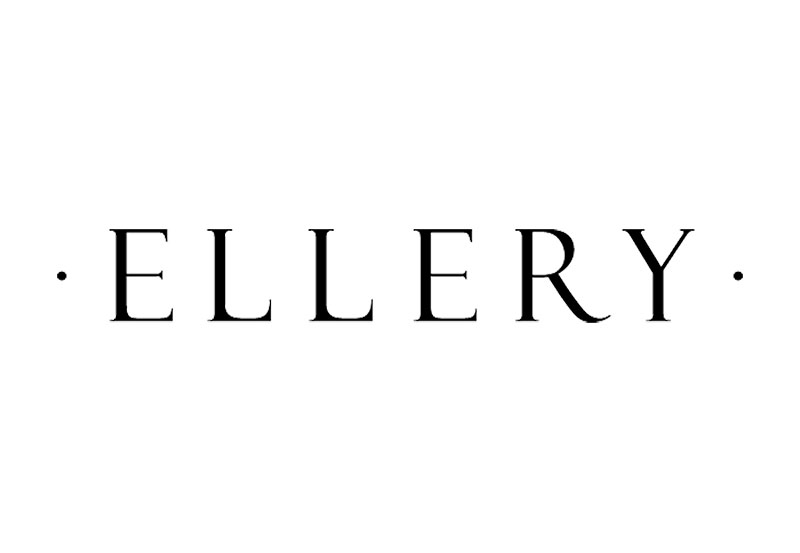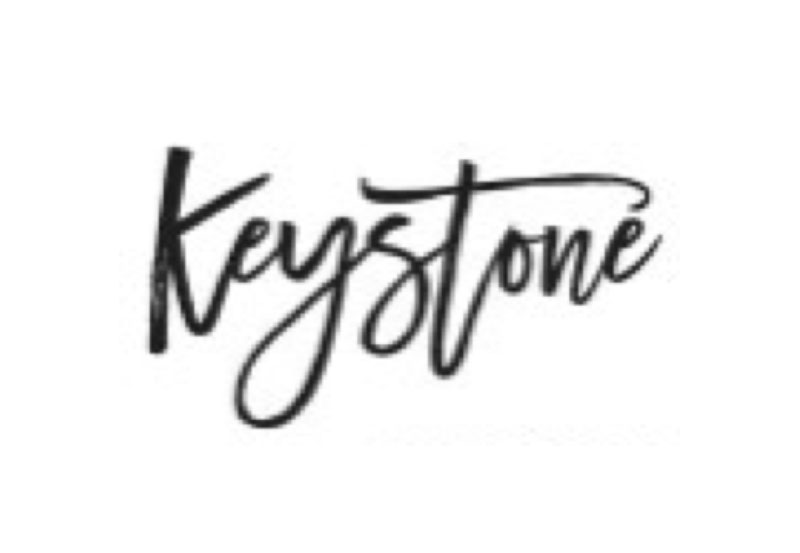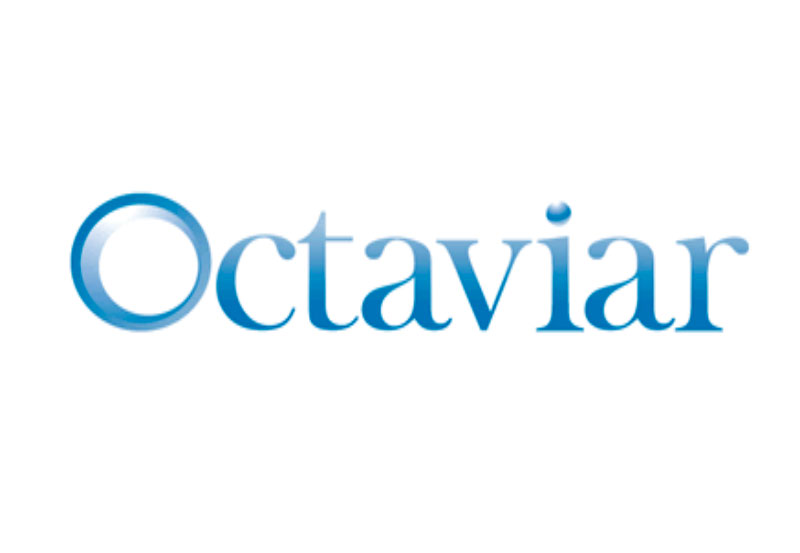Safe Harbour
Introduction to Safe Harbour Provisions
Safe Harbour Provisions are a part of the Australian Corporations Act, introduced in 2017, aimed at fostering a culture of restructuring amid an insolvency regime that imposes stern penalties on directors who continue to trade a company during its insolvency. Essentially, Safe Harbour is a quasi-defence for directors, providing them protection against the statutory duty to prevent a company from trading while insolvent. This is particularly significant as insolvent trading can expose directors to civil or criminal penalties, bankruptcy, and loss of personal assets.
Understanding Insolvency and the Corporations Act
Before delving into Safe Harbour provisions, it is imperative to understand the meaning of insolvency. Under the Corporations Act, a company is considered insolvent when it is unable to pay its debts as they fall due. The Act imposes a duty on directors to prevent the company from incurring debt when there are reasonable grounds to suspect insolvency. Directors failing in this duty may face serious consequences, such as civil penalties, compensation orders, or even criminal charges
How Safe Harbour Provisions Alter the Course
The introduction of Safe Harbour provisions in the Corporations Act was a response to the recognition that the threat of insolvency laws and the uncertainty of insolvency status often drove directors to seek voluntary administration prematurely, even when the company had potential for long-term viability. Safe Harbour provisions, therefore, are designed to drive a cultural change, encouraging directors to keep control of their company, engage with stakeholders early in case of potential insolvency, and focus on reasonable rescue and turnaround efforts instead of hastily placing the company into voluntary administration.
The Concept of a Better Outcome in Safe Harbour
A pivotal aspect of Safe Harbour provisions is the concept of a “better outcome.” The provisions give directors a safe harbour from civil insolvent trading provisions if they start developing one or more courses of action that are reasonably likely to lead to a better outcome for the company. This essentially means an outcome better than the immediate appointment of an administrator or liquidator. The Safe Harbour protection applies even if the plan does not succeed. There are, however, certain conditions to be met for the provisions to apply, such as timely implementation of the plan and the continuous assessment of its viability.
Conditions and Best Practices for Safe Harbour
For directors to be protected under Safe Harbour provisions, certain conditions must be met. These include incurring debt in direct or indirect connection with the proposed course of action, and ensuring that the company continues to pay all employee entitlements, including superannuation, as they fall due. The legislation also specifies factors that a court may consider to determine if a course of action is reasonably likely to lead to a better outcome. These factors include, but are not limited to, properly informing oneself of the company’s financial position, taking steps to prevent misconduct, keeping appropriate financial records, obtaining advice from an appropriately qualified entity, and developing a plan for restructuring.
Seeking Safe Harbour Advice
In light of the complexity of Safe Harbour rules and the Corporations Act, it is vital for directors to seek Safe Harbour advice from qualified professionals. Olvera Advisors specialize in providing Safe Harbour insolvency advice, helping directors navigate the intricacies of the Corporations Act, and developing strategies that comply with Safe Harbour provisions.
Conclusion: The Significance of Safe Harbour Provisions in the Corporations Act
Safe Harbour provisions in the Corporations Act represent a paradigm shift in how corporate insolvency is handled in Australia. By providing directors with a safety net, these provisions promote a culture of restructuring and viable turnaround efforts. This, in turn, can preserve the value of the business, protect employment, and potentially provide a better return for creditors and shareholders than an immediate appointment of an administrator or liquidator would. Importantly, it supports the entrepreneurial spirit by allowing directors to take calculated risks without the looming threat of severe penalties for insolvent trading.
However, it is crucial for directors to act responsibly, diligently, and honestly. The Safe Harbour provisions are not a carte blanche for incurring debts recklessly. Directors must document and follow a structured plan aimed at a better outcome for the company and comply with the conditions laid down in the legislation.
In navigating the challenging waters of corporate insolvency, seeking professional advice is invaluable. Engaging with professionals who are well-versed in insolvency laws and Safe Harbour provisions can provide the necessary guidance and support in these trying times.
By focusing on restructuring and supporting directors in taking reasonable steps toward rescuing a financially distressed business, the Safe Harbour provisions play a significant role in promoting a culture of entrepreneurship and innovation, and ultimately contributing to a more resilient and dynamic corporate landscape in Australia
Key Insight

Speak to the Olvera Expert

PRINCIPAL
Kate Barnet
Guides, Insights and Case Studies
We’ve expanded our horizons and partnered with industry titans to bring
a Australia an insolvency advisory team that can navigate critical times.

Howard’s Home Storage
Howard’s Home Storage is one of the leading specialist retailers in home and office storage systems with a network of 58 owned and franchised stores.

Retail Adventure
Retail Adventures was a retail chain of 1,000 discount variety stores across Australia operating from three national distribution centres.

Ellery
Ellery is a luxury Australian fashion brand with design offices in Paris and Milan and production facilities in Sydney.

Select TV
Select TV was the regional cable network service owned and operated by WIN Corporation Australia’s largest television broadcaster.

Nine Entertainment
Olvera principals acted as advisors to WIN Corporation in the restructure of Nine Entertainment and proposed acquisition of the business as part of a debt for equity swap.

Keystone Group
Olvera principals were appointed as Voluntary Administrators of the Keystone group.




























